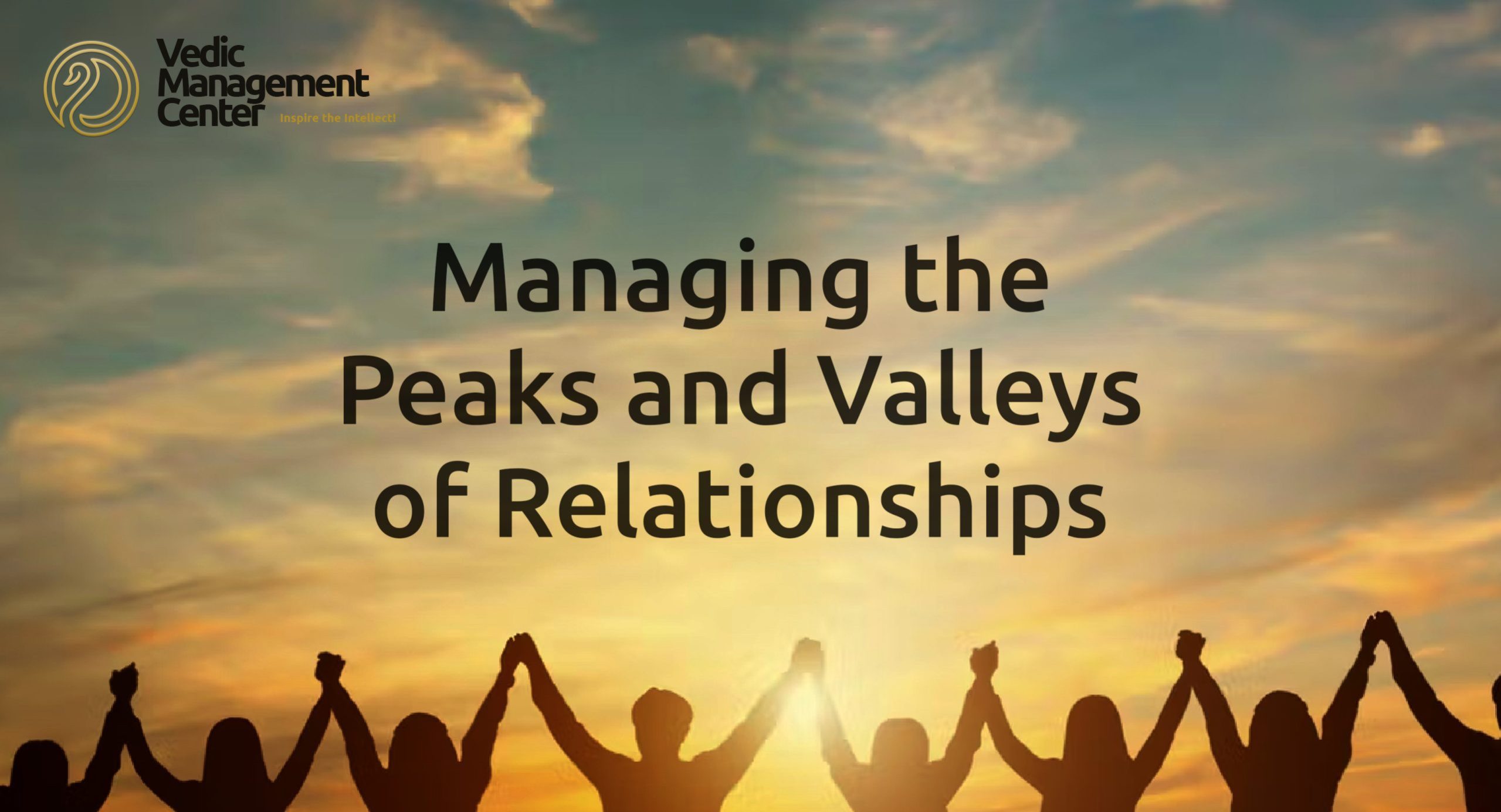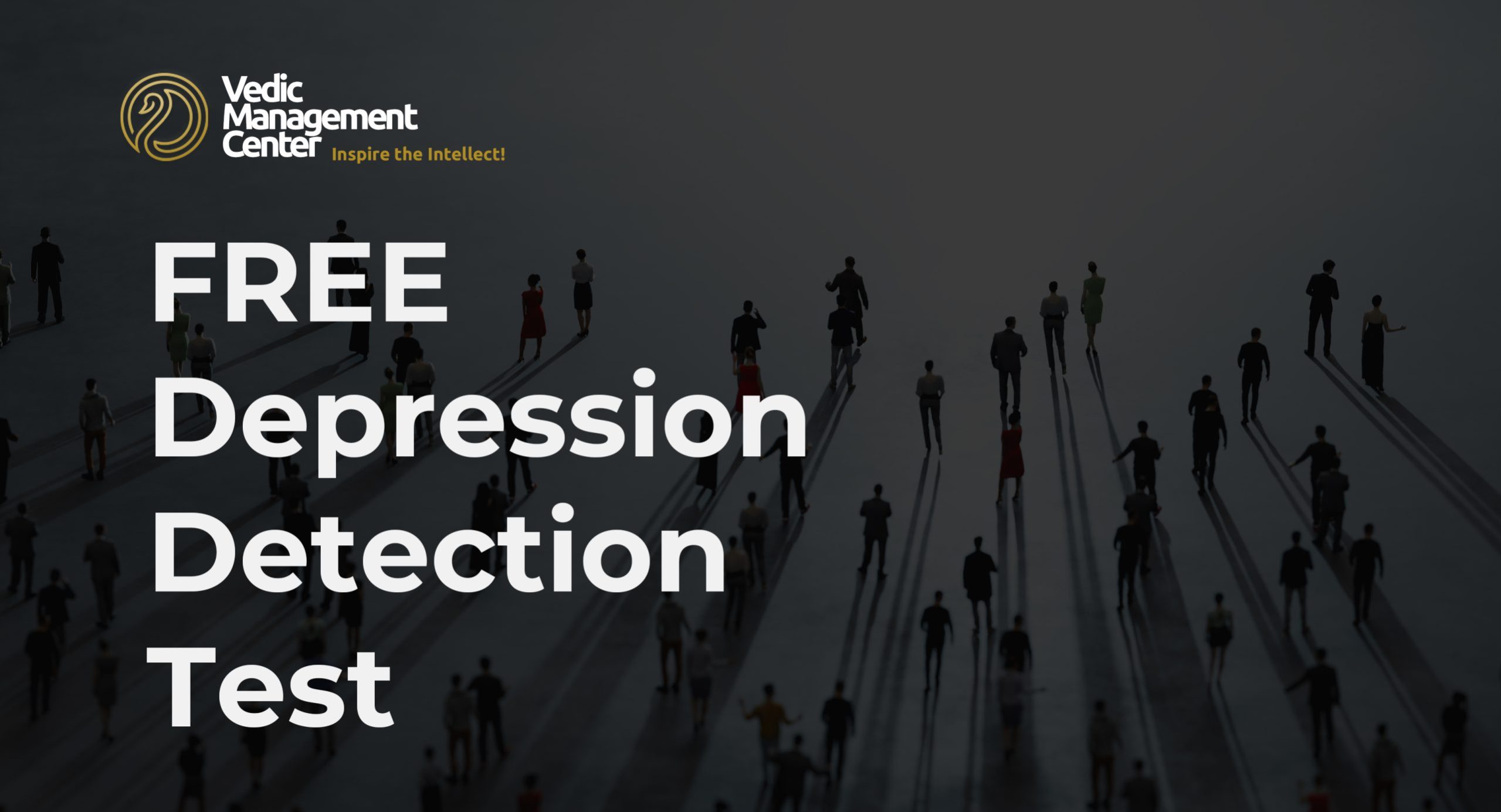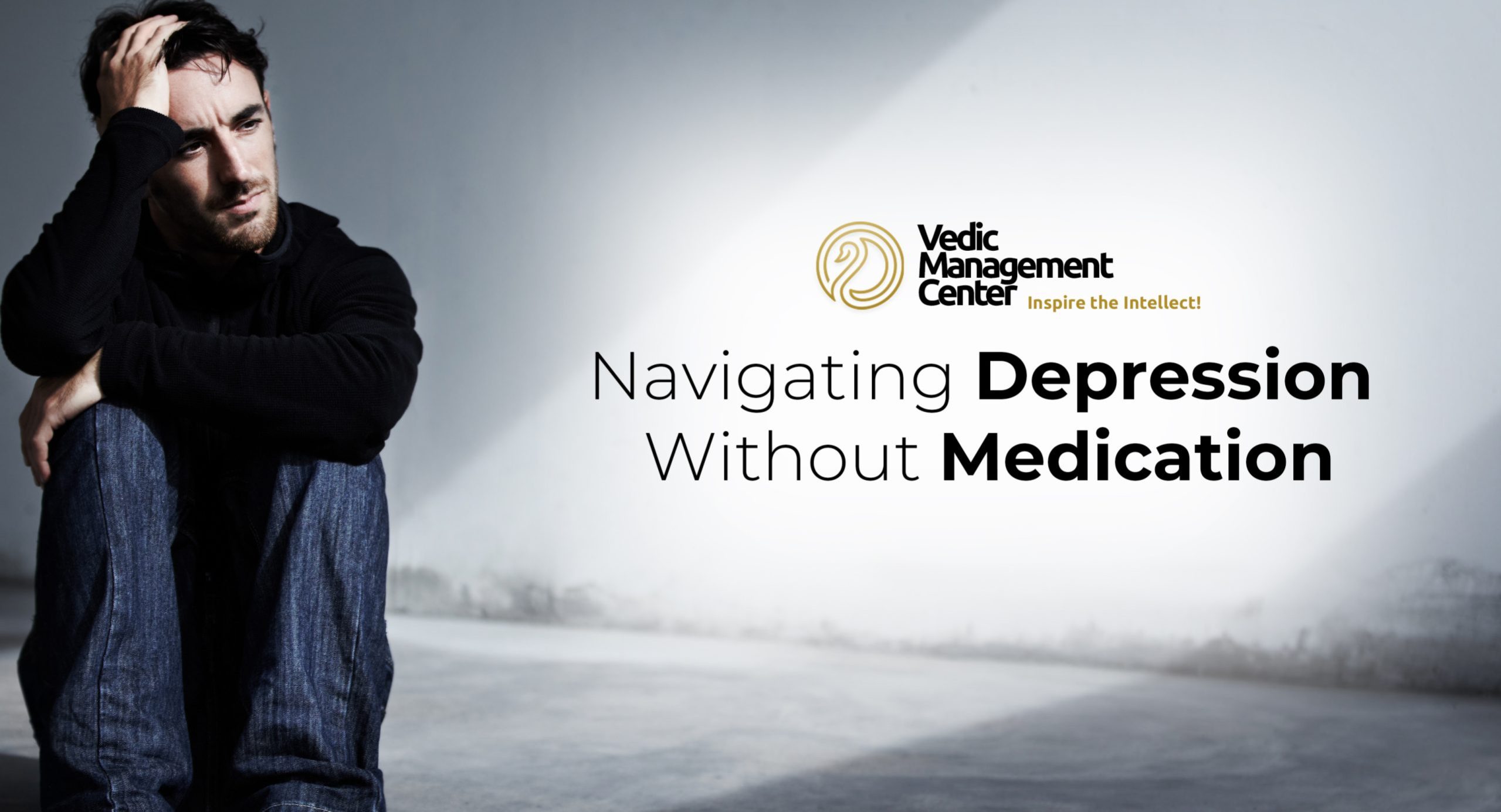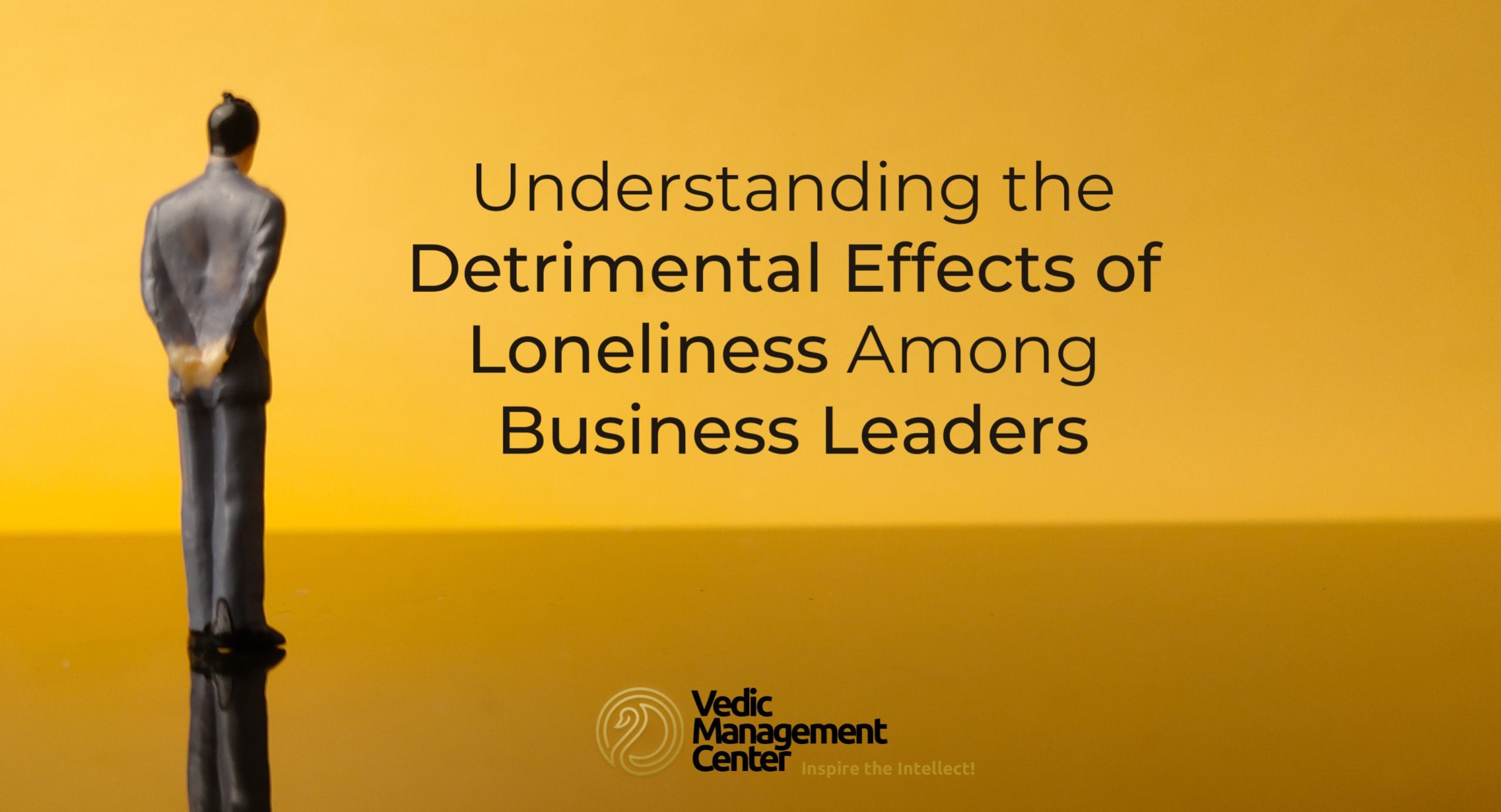The concept of God has been debated and discussed for centuries, with different beliefs leading to divisions, resentment, and even wars among people. Theists believe in God as an omniscient, omnipotent, and omnipresent being, while atheists do not believe in the idea of God and rely on science and rationale. Agnostics are uncertain about who is right. Institutions exist to enforce religious beliefs, sometimes using coercive force, which led to disillusionment with religion and the idea of God. However, the answer to understanding or unlearning the idea of God could be found in Vedic scriptures, which unfortunately are misunderstood and misinterpreted.
Theists are those who think God is an individual being who’s omniscient, omnipotent and omnipresent. There also are some theists who think God is the one, who resides in heaven and relays his message(s) through prophets, angels, and good omens from time to time.
Atheists are people who don’t believe in the idea of God, and who think things are explained better by science and rationale. They also have deeper disagreements, resentment as well as hatred towards Theists. More than often these feelings are mutual.
There are also those who think Atheists, as well as Theists, are true as well as false in certain aspects. Agnostics are also those who think they can’t decide who’s completely true – Theists or Atheists. They are in dilemma.
But what, or who is God? If you go by the very definition “(in Christianity and other monotheistic religions) the creator and ruler of the universe and source of all moral authority; the Supreme Being.” He is “(In certain other religions) A superhuman being or spirit worshipped as having power over nature or human fortunes; a deity.” What is agreed by many theists is that God is someone, who makes things around us happen. Strange but true even Atheists have concepts like ‘God particle’ which made the world happen.
If – at all – God exists, he should be the one who’s responsible for the birth as well as the death of all beings on earth and other planets. He, therefore, should be someone who can neither be born nor dead at any time. God can’t bleed (Does not have a body, since not born). There was a saying in the ancient Greeks “If Gods bled none would dare believe in them anymore.” True, of what use are the gods who bleed, and suffer like other humans?
Let’s take a while to find out why people want to or don’t want to believe in the idea of God. People who believe, or don’t believe, in God are those who’ve problems which are beyond their understanding and, therefore, outside the reach of their capacities. They, therefore, pray, worship and do penance in a way to appease that all-pervading being to get them out of the rut.
If prayers aren’t answered for long, people are sure to stop believing in them. However, there are also institutions, though completely materialistic in nature, claim to have approved by the god(s). These organizations many a time use coercive force – emotional as well as physical – to ensure that their adherents are following their faith. When people don’t get answers to their prayers; these institutions make (or force?) them to believe that the problem lies in them. When the problem is resolved the credit is given to the institution of God. So technically, the individual is either the culprit or the saved – but never the hero. So, whatever he does is possible only by the ‘grace’ of the divine.
Strange as it may sound, these institutions have existed across civilizations for thousands of years. Since they don’t have complete answers to the questions they have moral or religious policing systems where, sometimes, use of brutal force, too, is authorized by citing prophets, scriptures or ‘holy books’. The interpretation powers exist, however, only with those a few who have ‘mastered’ them through ‘divine blessings’ – clergy. Many great wars in human history have been fought in the name of God, by those who believe in God. The problem is that their perceptions about God were so different that, it was almost impossible for them to prove His all superiority, except by waging ‘holy’ wars and winning over the heretics, apostates, and/or renegades.
It was mainly owing to the disillusionment of such ‘holy’ wars, which caused the absolute destruction of humanity, that a great many began rethinking on the ideas and ideals of religion. They eventually were so disillusioned that they began to disregard the very idea of God. After all, if there really was something, or someone, like God would he allow such dastardly acts like war, rape, and murder in His name? Why doesn’t He intervene, when injustice happens? Theists’ ideas and philosophies like ‘test of God’ didn’t go well with these people and as a result, we had a new age philosophies of extreme hedonist character raising amongst us.
Today the world is heavily divided. The division isn’t just between Theists, Atheists, and Agnostics. But among Theists, Atheists as well as Agnostics between themselves! Hatred, envy as well as a sense of grudge is phenomenal and is the core reason why the world is on the verge of the next world war.
So, is there a way to understand and learn or unlearn this idea and ideal of God? The answer is yes. This answer, however, is found in what could be better understood as Vedic scriptures. Unfortunately, Vedas are today known as Hinduism’s holy scriptures. It is indeed a travesty that not many Hindus understand what the Vedas are all about. Although they do take great pride in it; they know nothing about it. Those who know how to read it, don’t understand it. In Hindu temples, Vedic hymns are recited dutifully. They believe that, just by recitation their troubles will be eliminated. Vedic literature is in Sanskrit, a language that is by far the most complex in its structure. Those who claim to know Sanskrit don’t have any hold on other modern-day languages – especially English. Thus, a significant amount of misinterpretations have crept in, thereby eclipsing our understanding of their true wisdom.
Dharma is mistranslated as religion. Karma is mistranslated as Destiny. Devas are mistranslated as Demi-gods. Arya is translated into Aryan race. Such translations have essentially, not just muddied, but even killed the core of Vedic ideas and ideals. Thereby reducing Vedic wisdom to the likes of any other murderous, self-serving religious scriptures.
Vedic teachings, knowledge, as well as wisdom, never disintegrated people. They are probably still the only scripture which at the very beginning say “Let good thoughts come from all part of the Universe.” They seldom claim superiority. They wish health, wealth, happiness and prosperity for all of the beings – without any mark of distinction or discrimination. Almost all religions, in the world conflict with each other. The good is promised to those who follow them; rest are damned to hell. Vedas never did this type if discrimination. Yet they are called ‘religious scriptures’ or ‘holy book’ and not books of wisdom, science, and works of eternal wellbeing.
Devas of Vedas are not certainly Demi-Gods or God. They are elements of Nature. Vedic wisdom has a subtle explanation of human existence. Human bodies are made possible by a combination of five gross elements (Pancha Mahabhootas), namely; Agni (Fire), Prithvi (Earth), Vayu (Air), Toyam (Water) and Akasha (Space). On a closer look, all these elements are found in the human body in subtle ways. Science agrees that water is a major component in the human body, without certain temperature (Agni) human body will perish, Air (Vayu) is vital for breathing and our body takes a certain space (Akash). All these elements are controlled in human bodies through Indriyas also called as Indra. Therefore, Indra is called King of Devas or Devendra. Without Indra, these elements will disintegrate and cause destruction. Indra is therefore very important for our existence. So, as you see, it is completely wrong to call Devas as deities or demi-gods, let alone ‘gods’. They are verily the elements of human existence. Yes, they are honored and respected for without them our material existing is naught! But Aradhana (better translated as a remembrance, respect as well as adoration) is not as same as worship in other religions. Similarly, all material things that are gifted by nature making lives of humans possible are called Deva, Devi (feminine form) or Devatas (plural). They are not gods as suggested by religions.
Ganga, the mightiest of the river of the Indian subcontinent, that has nurtured mankind for thousands of years is called Devi. Mountains like Sahyadri, Nilagiri as well as Meru are called Deva. Any element of nature is identified as either Devi or Devata in Vedic literature. They are revered as well as respected.
Yet, Vedic wisdom identified all these natural elements as material ones. They too were time-bound. All that is born in the world is bound to die. Change is the only constant. So the Vedic seers and sages made significant efforts to identify that thing which is neither born nor dead. That which is eternal.
And this is how they arrived at the concept of Atman. Atman is yet another word that is often mistranslated as soul. Atman is can be better understood as conscious energy within all living being that makes them understand, learn and do things. It the energy like any other energy; it can neither be created nor destroyed only converted from one form into another. In the case of Atman, it’s reincarnated into another body.
While Atman is, the conscious energy embodied in an individual – Paramatman is the sum of the all the consciousness energy across the world. Paramatman is often mistranslated as God.
Unfortunately, the subject is complex and needs a greater explanation to understand in depth. But what must be understood is that understanding of Vedic wisdom is extremely limited, and, often, misunderstood by great many including the Hindu religious heads. Thereby making it lose its relevance as a formidable source of information, knowledge, and wisdom capable of resolving our modern-day problems as well crisis.
It’s important that we relook at the Vedic concepts from an indifferent standpoint and try to understand it in its truest sense by first undoing our conditioning of the modern-day world divided by narrow domestic walls of religions as well as hatred.
I am confident that Vedas, with the proper unconditioned approach, has all the knowledge and wisdom to bring eternal prosperity and peace to all living creatures, including mankind, and heal the planet.




































1 Comment
Iam intercede in the rational approach of vedic knowledge n vedic management